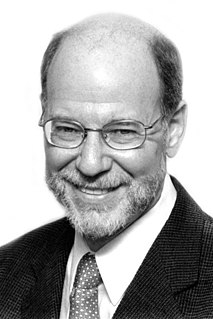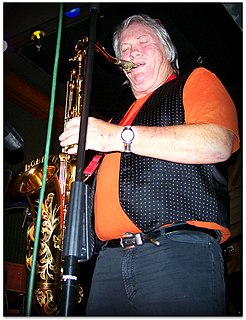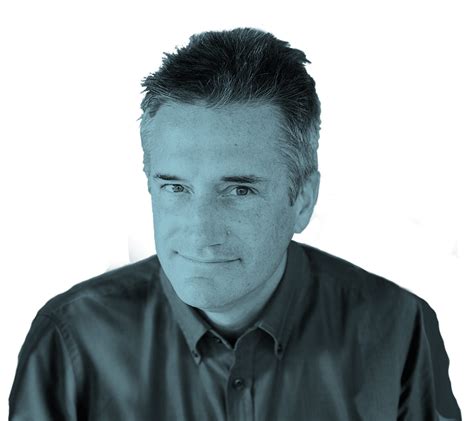A Quote by Rich Cohen
The Toothbrush mustache was first introduced in Germany by Americans, who turned up with it at the end of the 19th century the way Americans would turn up with ducktails in the 1950s. It was a bit of modern efficiency, an answer to the ornate mustaches of Europe - pop effluvia that fell into the grip of a bad, bad man.
Related Quotes
Since I don't smoke, I decided to grow a mustache - it is better for the health. However, I always carried a jewel-studded cigarette case in which, instead of tobacco, were carefully placed several mustaches, Adolphe Menjou style. I offered them politely to my friends: "Mustache? Mustache? Mustache?" Nobody dared to touch them. This was my test regarding the sacred aspect of mustaches.
People have asked me about the 19th century and how I knew so much about it. And the fact is I really grew up in the 19th century, because North Carolina in the 1950s, the early years of my childhood, was exactly synchronous with North Carolina in the 1850s. And I used every scrap of knowledge that I had.
I would eventually leave the business in 1999 to work full-time as a writer, but during the previous decade, I would advise French businessmen on how to succeed in Germany; tell Americans what to do in Eastern Europe; show the Spanish how to become more like the Americans. I spent one particularly haunting year advising bankers in Mexico.
Our nation is built upon a history of immigration, dating back to our first pioneers, the Pilgrims. For more than three centuries, we have welcomed generations of immigrants to our melting pot of hyphenated America: British-Americans; Italian-Americans; Irish-Americans; Jewish-Americans; Mexican-Americans; Chinese-Americans; Indian-Americans.
It's very easy for me to feel sympathy for people who are messed up. It's not that I'm a pseudo-saint or a great person. I had a lot of trouble with drugs and alcohol when I was younger, and I know how easy it can be to mess up the rest of your life. One bad turn, one bad night, one big mistake, and everything is screwed up. Or maybe you were just born in the wrong house and raised in a bad way. I guess I can understand.





































